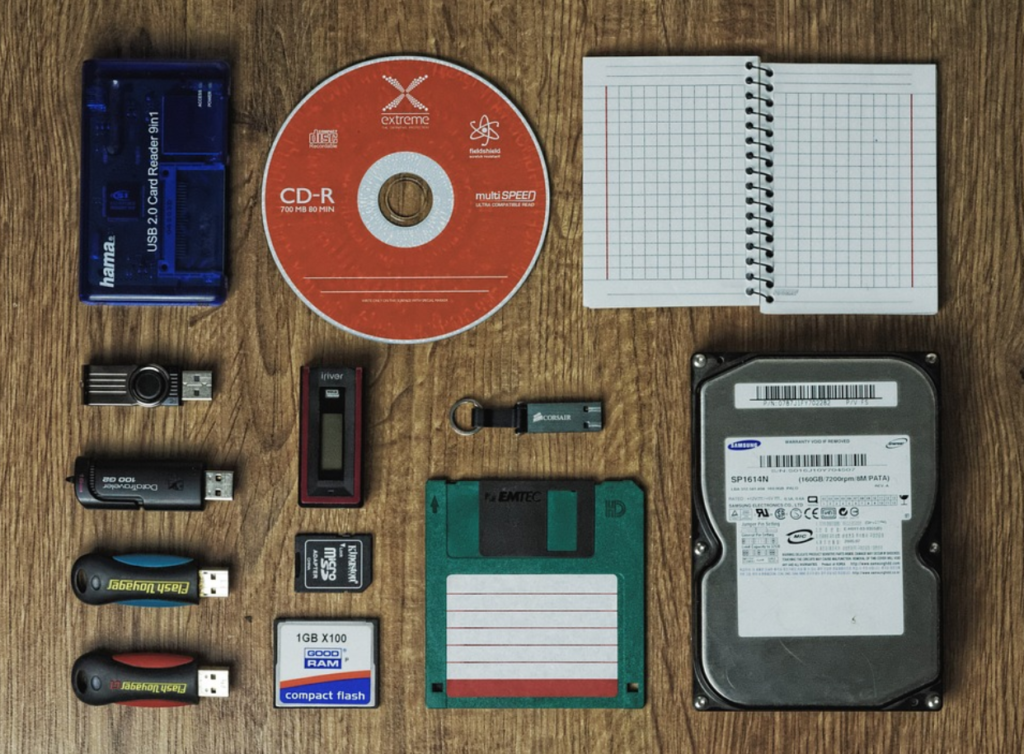Everything these days is digital, from personal information, to how business is done. Because of this, it is key that people be mindful of keeping their information safe and secure, backing up files in order to ensure they do not lose important documents. There are some aspects to worry about in the online space, so here are a few practices to keep in mind to ensure you are doing everything to protect yourself and your data.
Cloud Storage
One of the best ways to safely back up your files and secure them is to use cloud-saving technology for your storage needs. There are several options in terms of servers that will provide you the ability to save your files, depending on your needs. These will range from storage size requirements to security and safety.
You’ll also want to consider accessibility if that is important for you as well. This is crucial for companies and businesses that operate where multiple members of their teams need access to different files and want to create a seamless experience for their work. Cloud storage works great with individuals as well, as you are able to utilize free programs or platforms as a way to back up your files, as a supplementary option to your other methods of file storage.
Two Factor Authentication
When you are saving and providing access to certain files, one option that you will want to consider is two-factor authentication. This is important for securing files and limiting access. Even if your accounts are accessible through your passwords, two-factor authentication ensures that you know exactly when certain accounts are being accessed. This is especially helpful for storing more sensitive information, and data. Having the ability to monitor activity will also allow you to deny access or alert you if someone without your knowledge is accessing your files, which will allow you to take the necessary steps to increase your protection.
External Hardware And Hard Drives
It is always going to be strong practice to save and secure your files in alternative physical ways. This means that you will want to utilize external hardware in the form of hard drives and storage devices in order to store important information.
This can range from company information and files for different projects, to your individual needs like backing up school work, side projects, or media like photographs and videos you don’t want to lose. The safest way to backup photos is through a hard drive, USB stick, or even a media player like an iPod. This is because once your data is stored, you can disconnect it, ensuring that it is not in danger of being deleted, altered, or vulnerable to other issues that cause data loss. In the event that your computer or programs crash or errors occur, leading to the loss of such data, you will always have access to these backup files that you have stored separately.
Avoid Public Networks
When you are trying to ensure the safety and security of your storage, remember to never access sites and work on important documents while connected to public networks. Utilize private and secure networks to work on your projects when dealing with highly sensitive and important information. This is because public networks are much more vulnerable with more risks. These networks are accessible by anyone, allowing them to see your devices, potentially putting yourself and your information at risk.

Regular Saving And Maintenance
When you are trying to safely back up your files, it is important to remember certain safe habits. In addition to the practice of physically saving files in more secure locations, and utilizing more secure programs, you also want to maintain that you keep your passwords safe from others, ensuring they are highly secure and not predictable, and changing them periodically to ensure a little to no breaches can occur.
Limit Access To Your Files
If you are operating a business and need to store and secure your files digitally, it is important that you manage the accessibility of such files. You want to ensure that you know exactly who has access to view specific documents, as well as provide permissions for certain people to edit and change certain documents.
From businesses to personal use, there are different things you can and should do in order to store all your information properly. If you ignore certain vulnerabilities and are careless about your information, you risk the chance to lose it if certain problems arise, from hardware malfunction to user error. Additionally, if data is sensitive, you should be taking extra care to ensure you are protected.
